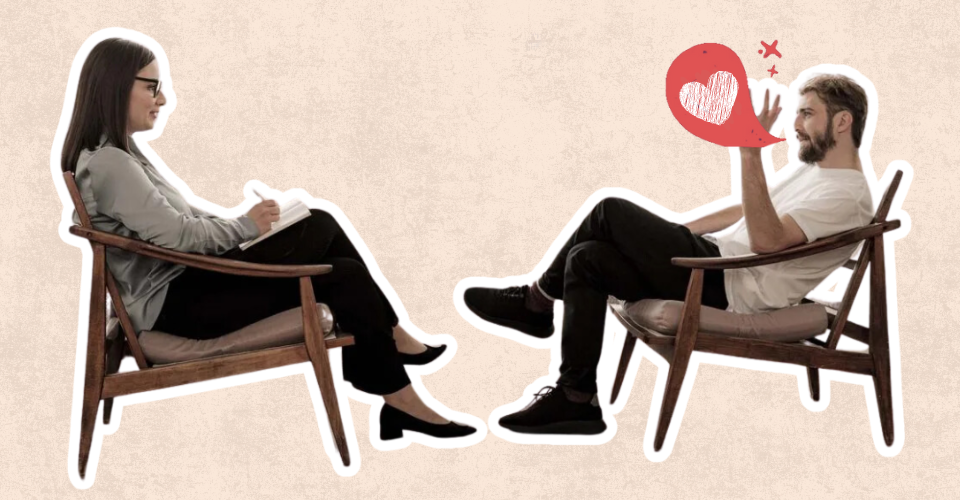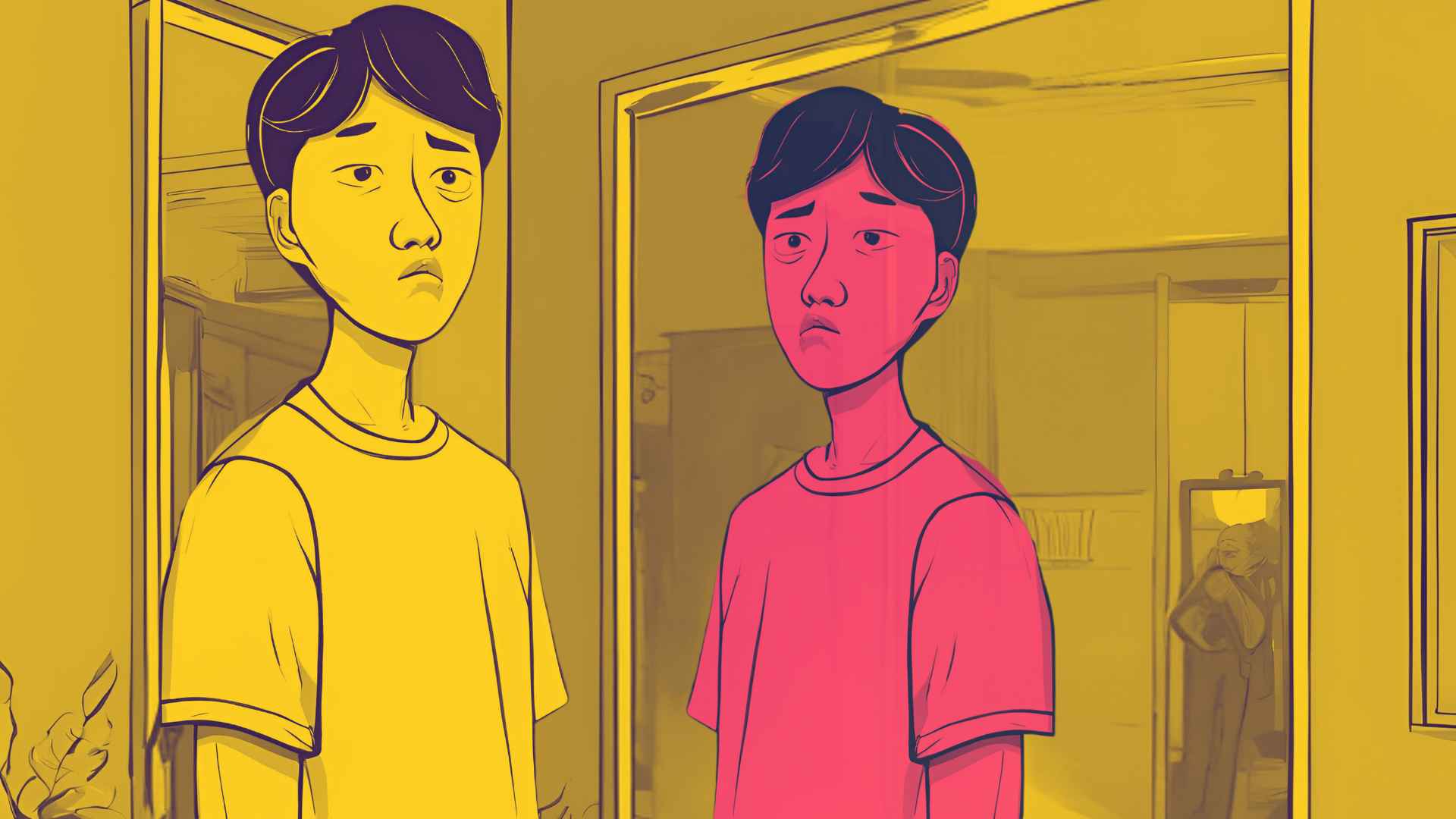The relationship with partner who works in therapy is distinct and often presents its own set of challenges, requiring patience, understanding, and a strong sense of self. Throughout the day, professionals in this field immerse themselves in the thoughts and emotions of others, navigating complex feelings and helping individuals regain balance in their lives. But what happens when these professionals return to their own personal relationships and challenges? This article explores what it’s like to be in a relationship with someone whose career revolves around providing support to others, offering insights into the unique aspects involved and how couples can navigate these dynamics.
The Therapist’s Double Life
Counselors lead dual lives. They immerse themselves in the experiences and emotions of their clients during their working hours. They listen carefully and interpret these thoughts and feelings when clients are struggling with self-understanding. This deep engagement requires intense focus and emotional presence. However, by the end of the day, counselors must shift gears, stepping away from their professional roles and transitioning into their personal lives.
This shift can create mixed emotions for the counselors’ loved ones. On one hand, it provides a chance to reconnect and spend meaningful time together. On the other hand, if the counselor feels mentally or emotionally drained, remnants of their daily routine may affect their relationships. Additionally, confidentiality rules prevent counselors from sharing sensitive information from their work, even if it weighs heavily on them.
The Social Conundrum: When Personal and Professional Worlds Collide
These are complex situations for both the professional providing therapy and their companion outside of the therapy environment. For instance, imagine attending a cocktail party and enjoying time with friends, only to have your spouse unexpectedly approached by one of their former clients. This moment can quickly become uncomfortable for everyone involved, including you.
Although professionals are bound by ethical guidelines that prevent them from disclosing information about their clients, it is ultimately the client’s choice if they decide to share details. It becomes awkward when a client places themselves in this kind of situation, as the professional must navigate the delicate balance of maintaining professional boundaries while also engaging with their companion during these encounters.
This can create discomfort for the professional’s companion, particularly if they have never been involved in therapeutic relationships themselves and are not accustomed to the unique sense of intimacy that may develop. The situation often leaves the companion feeling out of place, as they are unfamiliar with such dynamics.
Understanding Different Kinds of Intimacy
Mental health professionals create a unique form of trust-based confidentiality, grounded in emotional openness with those they assist. While this is distinct from the personal or romantic closeness found in a marriage, it can still provoke discomfort or jealousy.
However, understanding this type of emotional connection in therapy can be challenging for those who haven’t encountered it personally. Despite its professional nature, those who help others can develop deep emotional connections with clients, which can be difficult for their significant others to accept. From an outsider’s perspective, it may seem as if a loved one is forming a highly emotional, yet professional, bond with someone else while remaining emotionally distant themselves.
Impact on the Home
The challenges of being involved with someone in the mental health profession extend beyond social settings. The relationship dynamics can also be influenced at home. Even when the mental health professional is simply sharing their thoughts or opinions, their partner may feel as though they are being “analyzed” or “evaluated” during everyday interactions.
This perception can create tension, especially during disagreements or stressful moments, potentially leading to feelings of being judged by the mental health professional’s partner, which can strain the relationship. As a result, both individuals in such relationships need to address these dynamics openly and establish clear boundaries between their personal and professional lives.
Additionally, those in the mental health field often hold positions of authority or wisdom in their work. This demeanor can sometimes spill over into how their partners interact with them, as they might feel as though they are living in the shadow of their partner’s profession. Consequently, some may feel unworthy, while others might sense that they are being constantly compared to the therapist’s clients.
Navigating Social Situations: A Delicate Balance
One of the most challenging aspects of being in a relationship with someone in the helping profession is managing social interactions where clients or former clients are involved. These moments can be particularly sensitive, as they require the individual to uphold professional boundaries while also being mindful of their partner’s feelings regarding specific topics.
When approached by a former client, how should one respond without disclosing too much information, to avoid creating discomfort for both individuals? There is also the risk that one’s spouse may feel left out and unable to fully engage in the conversation. In striving to balance curiosity with professional limitations, these situations can leave some individuals feeling isolated.
The “First Lady” Effect: Being in the Spotlight
Another challenge faced by the significant other of a mental health professional is what can be described as the “first lady effect.” This often occurs when attending public events where clients or even former clients may be present, making personal life feel exposed. People may become curious about the individual romantically involved with a mental health expert, leading to intrusive questions.
This can create discomfort, as the significant other may feel scrutinized or judged based on their behavior, appearance, or interactions with others. Clients or former patients may unintentionally create a sense of pressure to outdo or present themselves in a particular way to align with the expectations of those around them.
Over time, this can cause the significant other to feel the need to be more cautious or reserved in public, especially when with their professional partner. This heightened sense of awareness can be draining, turning social situations into something more like a performance than a natural, authentic exchange.
Finding Balance: Tips for Navigating Life with a Therapist
While being involved with a professional in the mental health field comes with its own set of challenges, it can also be deeply rewarding. A strong relationship is built on openness and a mutual respect that acknowledges the unique dynamics at play. Here are some valuable suggestions to consider if you’re navigating life in a relationship with someone working in the therapeutic field:
- Create a Public Persona: When attending social events where your spouse might interact with clients or former clients, it can be helpful to develop a public persona. This strategy will allow you to navigate potentially awkward situations, such as social gatherings where your spouse meets their patients, with more ease.
- Be Honest: Openly discussing the challenges you face with your partner can strengthen your connection. By sharing your emotional experiences, you both gain a better understanding of how those emotions impact daily life and your relationship.
- Avoid Professional Terminology: Mental health professionals often use specialized language during sessions, but it’s important to communicate to your spouse that this jargon can be inappropriate outside of a professional setting. Keeping your communication informal at home fosters a more comfortable and relaxed atmosphere.
- Respect Privacy: Professionals in the mental health field are bound by confidentiality rules, meaning they cannot share details about their clients. It’s important to recognize that there may be areas of their work you are not privy to, and it’s okay not to feel guilty about that.
- Seek Support: If you’re struggling to navigate the complexities of your relationship, seeking support from another mental health professional can be beneficial. They can offer guidance, help clarify the boundaries of your connection, and assist in managing the challenges that come with being in a relationship with someone in this field.
- Set Boundaries Together: Relationships evolve, especially when one partner’s profession demands a lot of their time and emotional energy. Establishing clear boundaries will ensure that both partners feel valued and understood despite the challenges of balancing work and personal life.
Embracing The Rewards Of A Therapist Partner
Despite the challenges, being in a relationship with someone in the mental health field can be incredibly rewarding. These individuals often offer unique perspectives on relationships, marked by empathy, deep insight, and a profound understanding of human nature. Acknowledging the complexities of their profession and how best to address them can lead to a strong relationship, one that can endure any difficulties due to their wealth of expertise.
In conclusion, a successful relationship relies on open communication, respect for personal space, and support during tough times. By nurturing these qualities, the relationship will thrive and grow, allowing both individuals to reach their desired goals in life together. With humor, understanding, patience, and more, the connection will continue to strengthen, bringing the many benefits that come with being a part of someone who works in the mental health field.






















Leave a Reply
You must be logged in to post a comment.